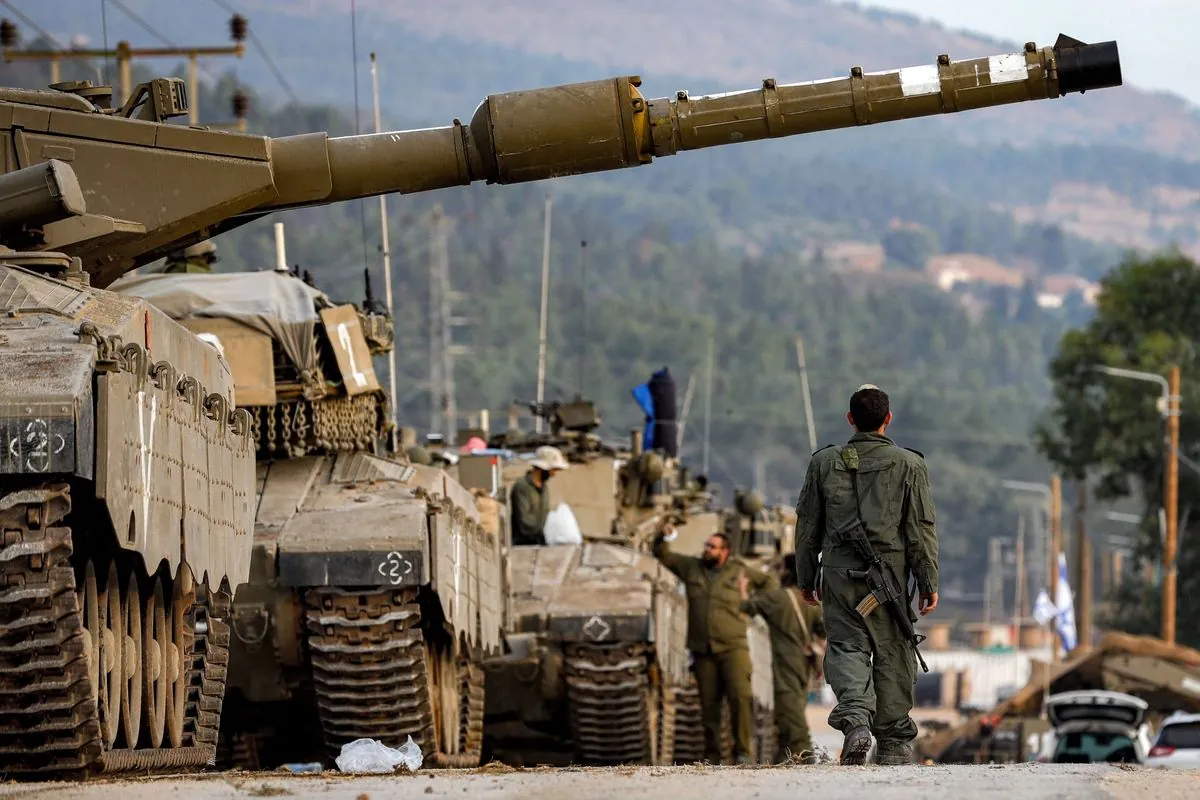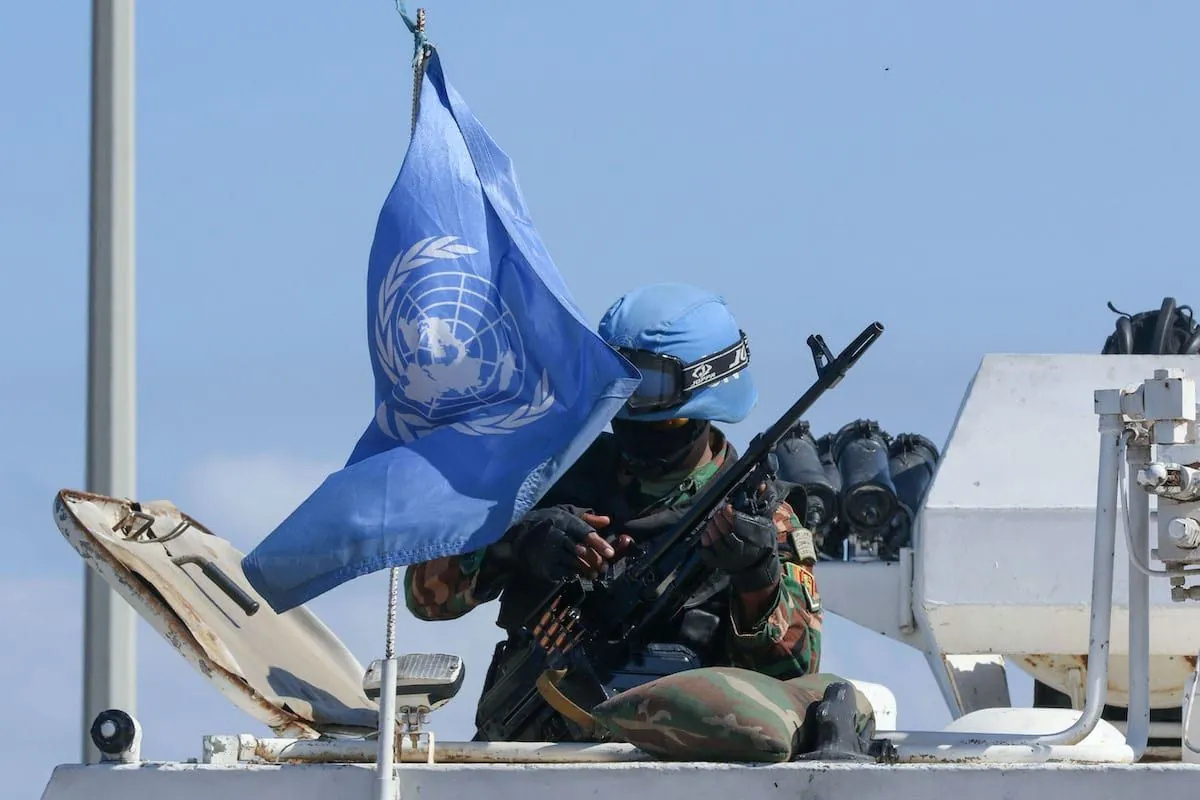IDF Launches Strikes in Lebanon, Hezbollah Retaliates with Drone Attack
IDF conducts pre-emptive strikes in Lebanon against alleged Hezbollah threats. Hezbollah responds with drone and missile attacks, escalating tensions in the region.

In a recent development that has heightened tensions in the Middle East, the Israel Defense Forces (IDF) has initiated strikes in Lebanon. This action, occurring in the early hours of August 25, 2024, was described by the IDF as a pre-emptive measure to thwart what they claim to be an imminent and extensive attack by Hezbollah.
Daniel Hagari, an IDF spokesperson, stated that intelligence indicated Hezbollah's intentions to launch missiles and possibly rockets towards Israeli territory. In response, the IDF conducted strikes on what they termed "terror targets" in Lebanon, asserting it was an act of self-defense to protect Israeli civilians.
This escalation of hostilities has rekindled concerns about the potential for a broader regional conflict. The situation is particularly volatile given the complex history between Israel and Lebanon, who have been in a state of war since 1948. The border region, demarcated by the UN-established Blue Line in 2000, has been a flashpoint for tensions between the two nations.

Hezbollah, a Lebanese Shiite Islamist organization founded in 1982, promptly responded to the Israeli strikes. The group announced that it had launched a retaliatory drone and missile attack targeting Israeli military installations. This action was described as vengeance for the killing of Fuad Shukr, a Hezbollah commander, in a Beirut suburb in July 2024.
The conflict underscores the ongoing volatility in the region. Hezbollah, considered a terrorist organization by several countries including the United States and Israel, possesses a significant military capability. Intelligence estimates suggest the group has an arsenal of over 100,000 rockets and missiles, with an active fighting force of 20,000-30,000 members.
Israel, for its part, has developed advanced missile defense systems such as Iron Dome and David's Sling to counter such threats. The IDF, established in 1948 following Israel's Declaration of Independence, has a history of conducting pre-emptive strikes against perceived threats in neighboring countries.
The current situation echoes past conflicts, notably the 2006 Lebanon War, which was a significant engagement between Hezbollah and Israel. The United Nations Interim Force in Lebanon (UNIFIL) continues to monitor the border region, but its presence has not prevented periodic outbreaks of violence.
This latest exchange of hostilities occurs against a backdrop of regional complexity. Hezbollah's involvement in the Syrian Civil War, supporting the government of Bashar al-Assad, and Israel's frequent airstrikes in Syria targeting alleged Hezbollah and Iranian positions, have further complicated the geopolitical landscape.
As tensions escalate, the international community watches closely, aware of the potential for this localized conflict to spark a wider regional conflagration. The situation remains fluid, with both sides seemingly prepared for further military action.
"In a self-defense act, to remove these threats, the IDF is striking terror targets in Lebanon from which Hezbollah was planning to launch their attacks on Israeli civilians."
This statement reflects the IDF's justification for its actions, framing them as defensive measures against perceived threats. However, the situation remains complex, with each side presenting its own narrative of events and justifications for military action.


































